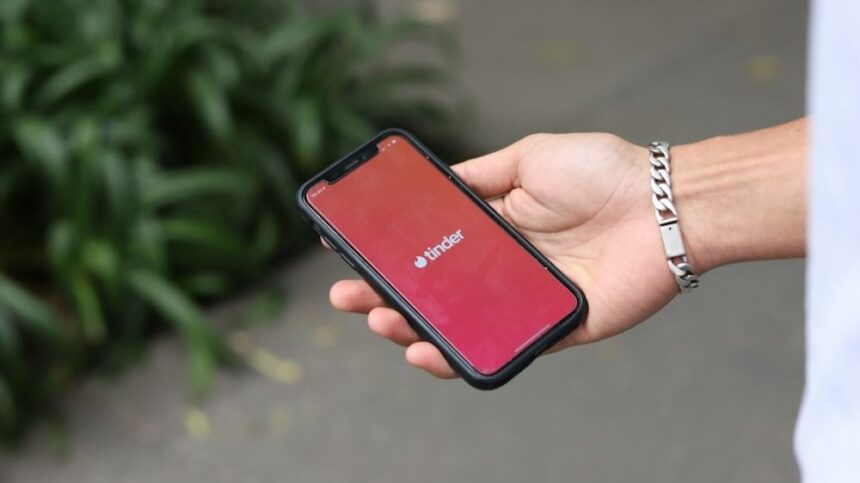A recent proposed class action lawsuit has accused Match Group, the parent company of popular dating apps such as Tinder, Hinge, and The League, of intentionally fostering addiction among its users. The plaintiffs in the lawsuit argue that Match Group’s business model prioritizes profit over fostering genuine connections, using algorithms and features that encourage compulsive usage and incentivize subscription payments that amount to hundreds of dollars annually.
The lawsuit, filed in federal court in San Francisco, alleges that Match Group’s dating apps employ features that gamify the dating experience, effectively turning users into “gamblers” chasing elusive psychological rewards deliberately designed by Match. The six plaintiffs, located in California, Florida, Georgia, and New York, argue that Match’s approach contradicts its advertising slogan that its apps are “designed to be deleted.”
In response to these allegations, Match Group has dismissed the lawsuit as baseless, asserting that its primary objective is to facilitate real-world dates and encourage users to transition away from its apps. Match’s CEO, Bernard Kim, emphasized the company’s commitment to innovation and user experience during an analyst briefing, highlighting the integration of artificial intelligence to enhance user interactions on Tinder and Hinge.
This lawsuit is part of a larger trend of legal challenges targeting major tech companies accused of deliberately designing features to foster addiction among users, including Google, Meta Platforms (formerly Facebook), TikTok (owned by ByteDance), and Snapchat (owned by Snap).
A survey conducted by the Pew Research Center in July 2022 revealed that a significant portion of American adults in committed relationships met their partners through dating sites or apps. However, the success of these platforms poses a risk to their revenue streams, as users may eventually disengage if successful in finding a partner.
The plaintiffs in the lawsuit argue that Match mitigates this risk by offering features like unlimited profile likes, which often lead to superficial interactions that fail to foster meaningful relationships, ultimately contributing to feelings of loneliness, anxiety, and depression among users. The lawsuit alleges negligence on Match Group’s part and violations of state consumer protection laws, seeking unspecified damages for individuals who subscribed to Tinder, Hinge, or The League within the past four years. Additionally, the plaintiffs demand updated warnings about the risks of addiction and the removal of the “designed to be deleted” language from Match’s marketing materials.
Opinion:
The allegations against Match Group raise important concerns about the ethical responsibilities of tech companies in designing and promoting their products. While dating apps have undoubtedly revolutionized the way people connect and form relationships, it is crucial to consider the potential negative impacts of these platforms on users’ mental health and well-being. The lawsuit’s focus on addiction and the prioritization of profit over fostering genuine connections highlights the need for greater transparency and accountability from companies like Match Group. It is important for these companies to prioritize the well-being of their users and take measures to mitigate any potential risks associated with their platforms. At the same time, users should also exercise caution and moderation in their use of dating apps, and be mindful of how these platforms may affect their emotional and mental health.


